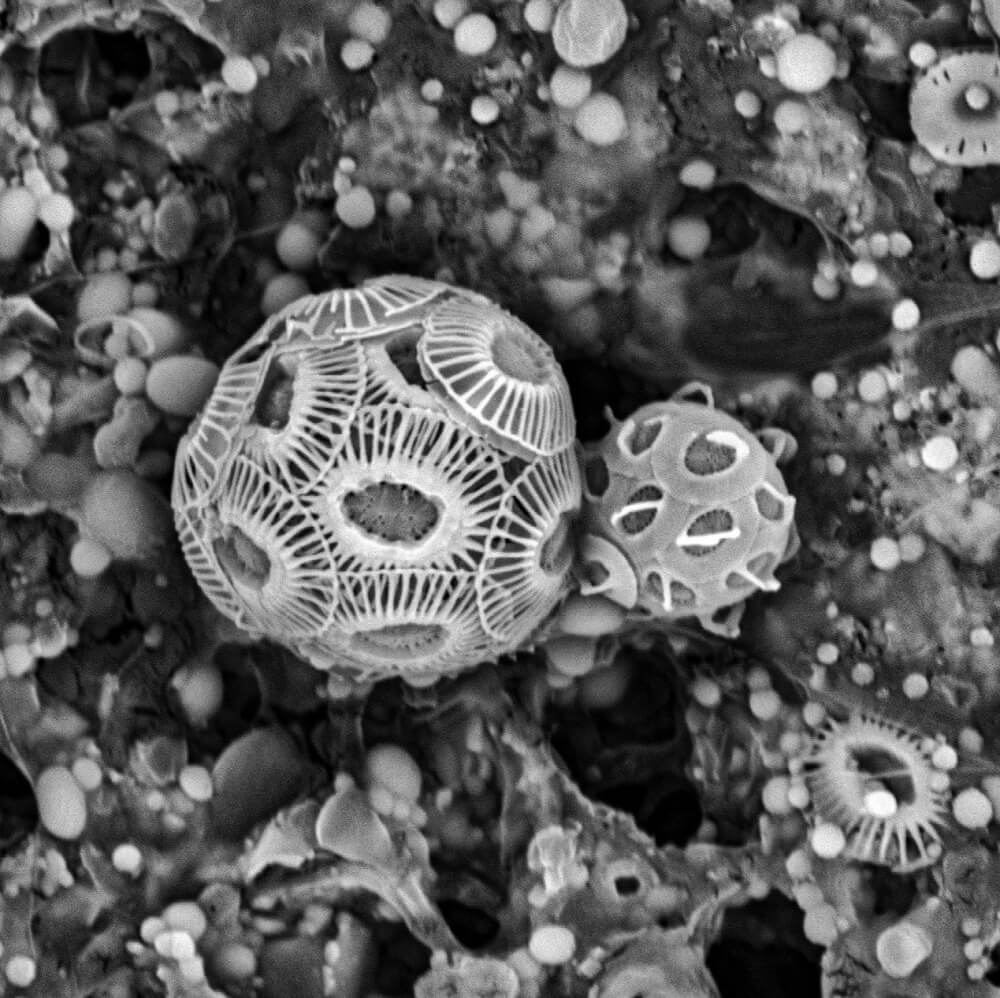A new study found that a significant decrease was observed in the amount of one of the phytoplankton species in the Gulf of Eilat.

The Red Sea is one of the regions that suffers from global warming in the most significant way, with an increase rate of 0.4 degrees Celsius per decade. In the Red Sea, migration across the Gulf of Eilat is impossible As a result, species that cannot adapt to higher temperatures may become extinct.
A new study, led by Dr. Miguel Prada, from the Hebrew University and the Inter-University Institute of Marine Sciences in Eilat, examined the effects of seawater warming on phytoplankton of the coccolithophore type, unicellular algae with armor plates made of chalk. The researchers found that in the last 40 years there has been a decrease in the amount of one of the phytoplankton species in the Gulf of Eilat. The study, recently published in the journal Global Change Biology, illustrates the effect of global warming on the oceans in general and the Bay of Eilat in general.
The researchers made a comparison between current observations and detailed monitoring of the bay today, and data collected in the 70s. They discovered that there have been drastic changes in the composition of the phytoplankton community in the Gulf of Eilat in recent decades and some of the species that are unique to the Gulf are disappearing, due to the warming of the water. The results illustrate that conditions in the Gulf of Eilat are changing. This now affects microorganisms, which are considered more sensitive to environmental changes and form the basis of the food web in the gulf, and it is reasonable to predict that other, larger organisms, such as fish and corals, will also be affected in the future as the warming progresses.
Dr. Prada added that: "The research results have an important impact on the ecology and economy of the Gulf. You can look at this as the 'canary in the coal mine', signaling that the impact of global climate change is already evident in the ecosystem of the Gulf of Eilat."
More of the topic in Hayadan:
- The corals are crying out - we must take the pressure off the Red Sea
- The State Comptroller calls for considering the removal of the polluting factories from Haifa Bay
- Who moved my beach?
- Protecting the environment against poverty / the rhinos, elephants and apes will be extinct by the end of the century
